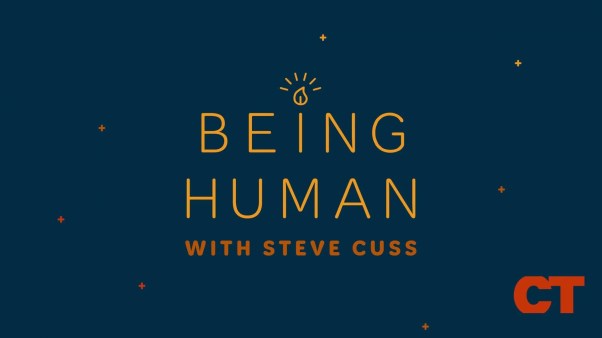One of the most frustrating—but ultimately liberating—experiences during my three decades of pastoral ministry was resigning from a predominately white urban church in a largely African American city. Many of the hundreds of attendees appreciated my ministry as a preacher, teacher, leader, musician, husband, and father. Yet there was an influential minority of suburbanites—swayed by issues related to race and socioeconomics—whose opposition undermined my leadership.
My oldest child, remembering the challenges of being a young African American man in that church, has often said, “Dad, you need to write a book and name names!” My son knows I tried to live out a genuine multiethnic ministry despite its recently critiqued hardships.
I resisted writing a cathartic, “tell-all” book, but in my mentoring of young pastors, I did try, like Paul, to share the gospel as well as my life (1 Thess. 2:8). Resigning as a pastor from that church was a painful leap of faith. I did not have another position lined up. But being unemployed was better than being minimized and demoralized.
A significant recent exodus from the Southern Baptist Convention has included high-profile figures like Beth Moore and Charlie Dates’s Progressive Baptist Church. Jemar Tisby’s story, which he recently shared in an interview detailing his exit from white evangelical spaces, resonated with Christians of color and women who risked bringing their whole selves to Christian organizations that claimed to value diversity, then got pummeled by the realities of life within white supremacist patriarchies.
All departures are hard, yet all have life-giving potential. Those who leave often find eventual invigoration through renewed vision, fresh insights, and recovery of their voice and personhood. The organizations left behind have the potential to learn important lessons too.
Some Christian institutions will defend their reputations by appealing to Scriptures that condemn false teaching (such as Jude v. 4). Their intent is to discredit those who leave. Such condemnation is unhelpful and often inaccurate. People like me who left didn’t do so because we embraced historically heretical ideas. We left because the institution was toxic.
After preaching in a predominately white church, I found out that the leaders who prayed for me shared racist jokes before I arrived. I voiced my concerns to denominational leaders, but they denied any existence of racism and got upset with me for even suggesting the idea. I shook their dust off my feet and moved on (Mark 6:11).
Leaving can be a prophetic act that outs institutional toxicity. Jeremiah famously stood outside Jerusalem’s temple, at its gates, crying out for repentance and reformation (Jer. 7:1–3). He risked telling the truth to get God’s people back on the right track. He indicted a toxic temple system as a cover for injustice: “Has this house, which bears my Name, become a den of robbers to you?” (v. 11).
Pay attention to the wounded faithful who exit. Their words may be the word of the Lord.
Jesus reran Jeremiah as he upended the moneychangers’ tables (Matt. 21:13). Old Testament scholar Walter Brueggemann observes, “The temple and its royal liturgy are exposed as tools of social control, which in a time of crisis will not keep their grand promises. The temple is shown to be not an embodiment of transcendence, but simply an arena for social manipulation.”
Departures don’t happen cavalierly; they come after intense soul-searching and prayer. Institutions must likewise engage in self-examination and confront core values that only devalue. Eloquent statements in white institutions about equity and diversity too often end up tokenizing ethnic minorities. Christian history contains epic moments of reforming dissent. Pay attention to the wounded faithful who exit. Their words may be the word of the Lord.
Perhaps one day I will write that memoir, highlighting my struggle to find an ecclesial home. I’ve learned to trust my own dissenting voice, mustering the courage to rage against institutional injustice. I pray those who confess allegiance to Jesus will muster the courage to listen to the leavers and face up to their own sins. Just as it takes agitation to clean clothes, it takes the agitation of prophets to clean up institutions.











